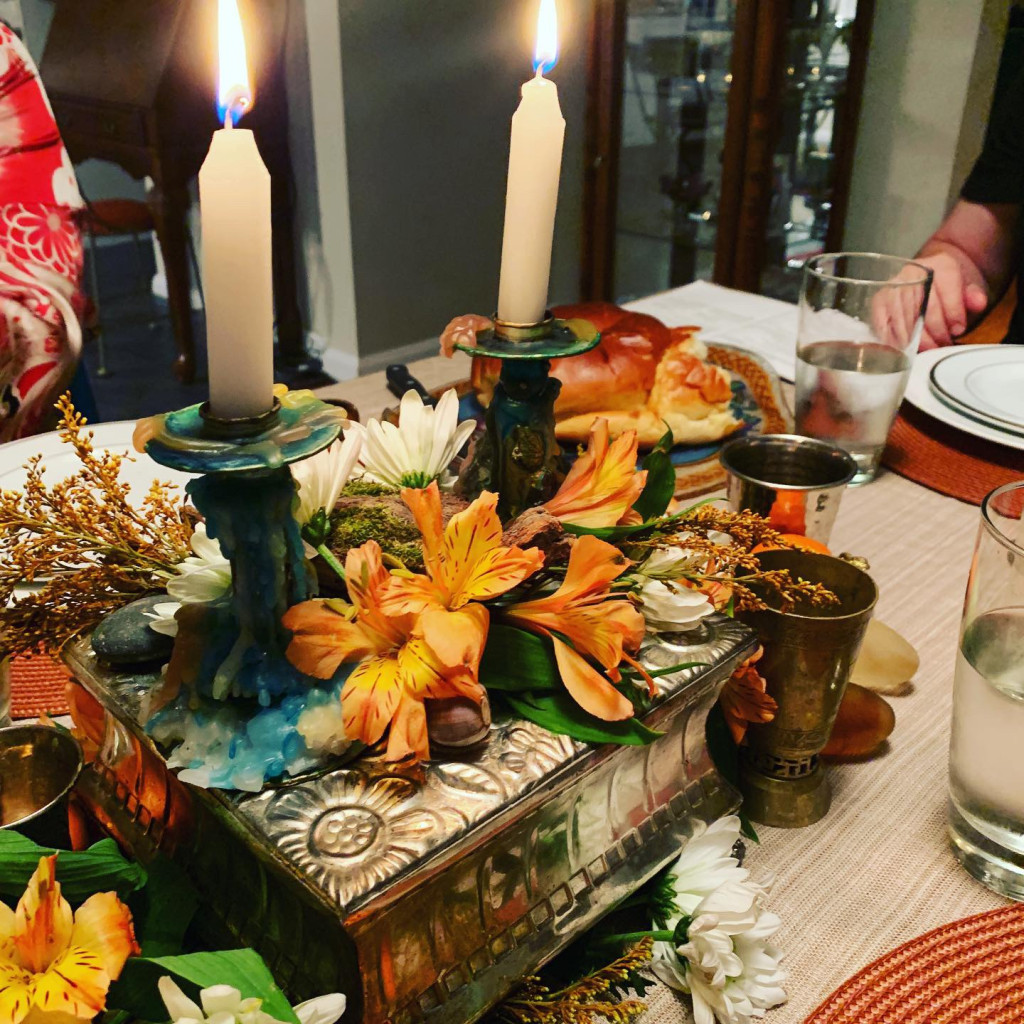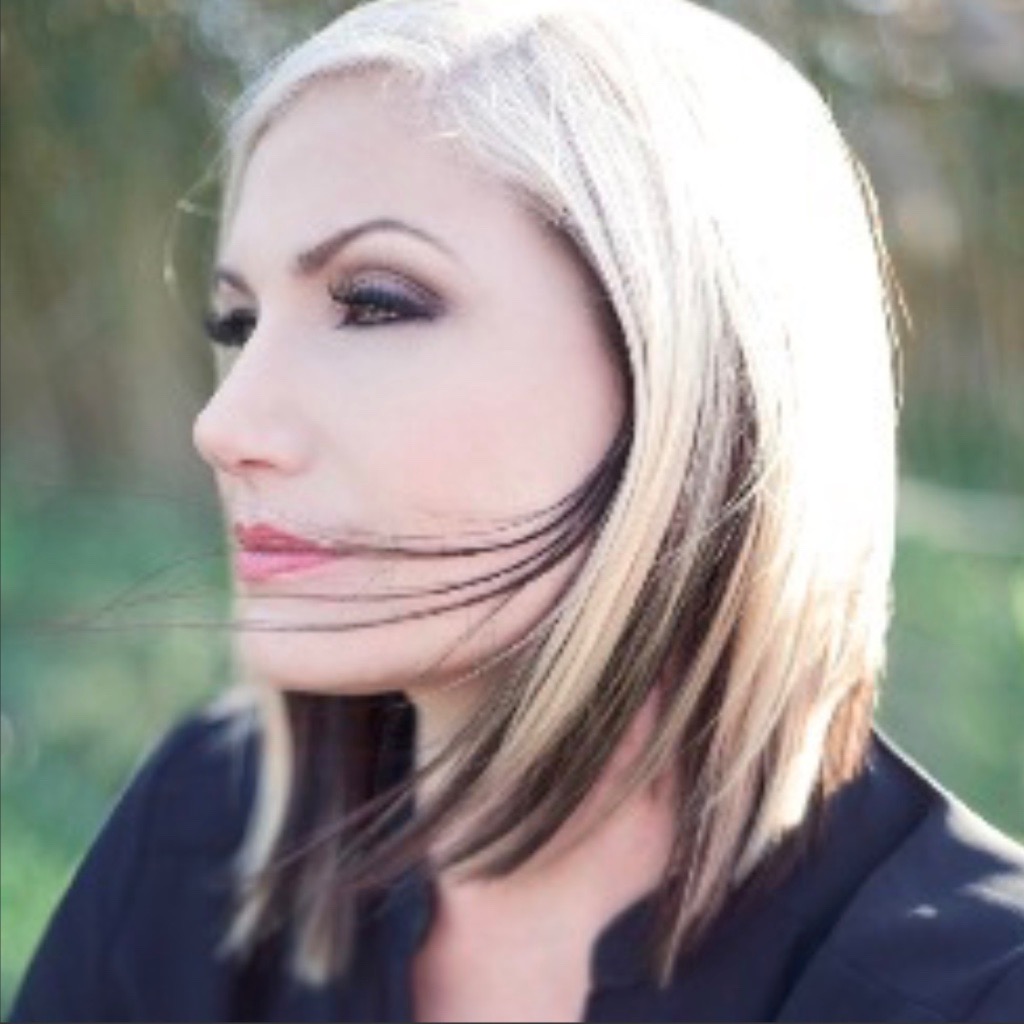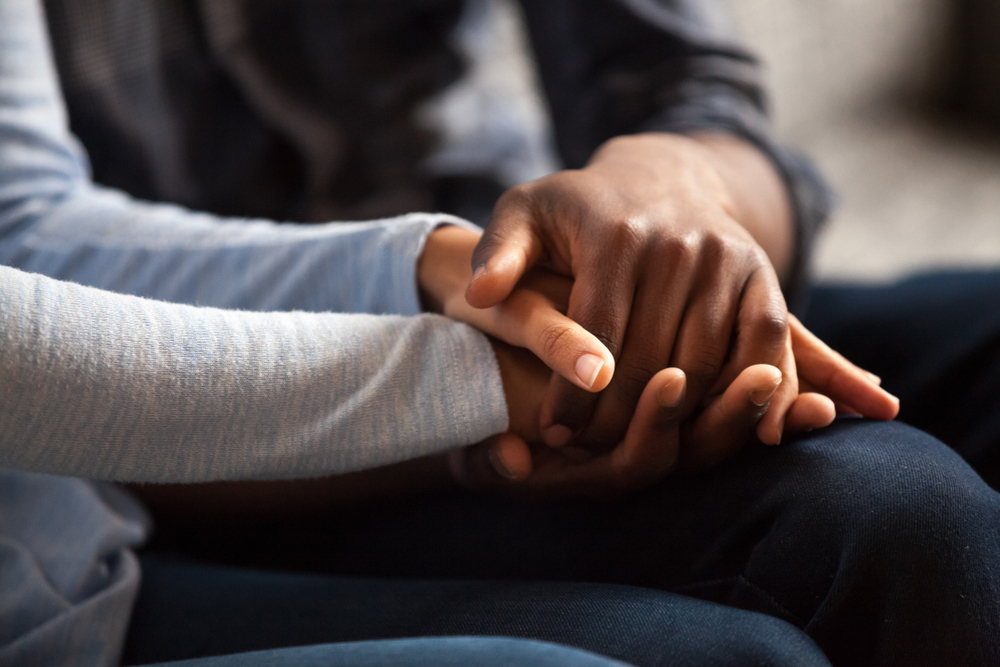With Thanksgiving around the corner, as a psychologist I know what is on the mind of nearly all my clients… Will there be a fight, or will there be joy and connection?
For most of us, most likely both! When I ask people about hurts or slights that have contributed to the long-held resentments within an extended family, I find that a simple apology and acknowledgement of something said or done would be the salve to the painful situation. This is often a two-way street — meaning both people could own something and give something. It is humbling to be the one to go “first” — been there, done that — and have the gesture be either successful or just end up engendering more defensiveness and misunderstanding. But whether it makes your connection with that person closer, or you end the conversation just knowing you were emotionally brave and did your best effort, it is enough for you to let your anger, fear, or resentment fall away with leaves that are falling all around us.
You see, apologies are a necessity in life. Our willingness to repair conflicts is one measure of the depth of our relationships. After all, life is filled with disagreements and issues, whether they be with people at our workplace, our children’s school, or friends and family. How do we apologize to those in our lives? We want to do it successfully in order to foster forgiveness, repair hurt feelings, and truly resolve whatever the initial conflict may have been.
Turns out, there’s a science to apologizing. These findings from a set of studies help us define what makes a “good” apology, and also reveal how different types of people respond to different types of apologies. The key is to consider who’ll be receiving your “I’m sorry,” so that the mea culpa will be most effective. If we are stealing ourselves for a challenging and humbling moment and in hope of some compassion, clarity or even an apology back from the person. Its best we have good tools in our emotional toolbox — knowledge I find is a necessity sort of like a tape measure. It’s fine to eyeball it, but when we measure, we only hammer once — and we all know that missing the mark with an apology can make the situation worse.

Researchers have identified three distinct types of apologies:
1) The offer of compensation
This type of apology involves offering some type of concrete action in order to restore the balance in the relationship. The action could be something tangible, such as replacing your neighbor’s window because your child smashed it with his baseball, or it could be the promise to improve your behavior, such as offering to spend more time with your spouse because he’s been feeling neglected.
2) The expression of empathy
This type of apology involves recognizing the pain or anger you have caused the other person, and then expressing real concern for his or her feelings. The love and care you express in your apology should make the recipient feel understood and valued. This type of apology restores trust that may have been violated; we often employ it in personal relationships. It’s the type of apology we as parents are trying to get our kids to do all the time!
3) Acknowledgment of violated rules/norms
This type of apology basically consists of declaring wrongdoing for breaking a group’s or family’s code of behavior. The apology goes something like this: “I didn’t just let myself down, I let down the entire medical profession” (which is how someone like Conrad Murray, Michael Jackson’s doctor at the time of his death, should have apologized).
Researchers also identified the three distinct personality types that respond best to the above types of apologies:
1) “Independent self-concept”
These people see themselves as autonomous and individualistic. Because they are mostly focused on their own feelings and rights, they experience transgressions as a personal injury or betrayal. These people generally respond best to offers of compensation.
2) “Relational self-concept”
These people (most commonly women) are focused on maintaining and strengthening their relationships. Mutual respect and the rebuilding of trust are paramount to them, so apologies that include an expression of empathy and understanding will be most effective.
3) “Collective self-concept”
These people see themselves as part of a group, not as individuals. They value the bonds and rules that govern the organization with which they most identify (i.e., their company, church, or family). With these people, apologies that acknowledge wrongdoing would best restore your status within the group and earn you the respect of the other group members.
When formulating an apology, remember to ask yourself: “Who am I apologizing to, and what do they need from my apology?” What do you think troubled them the most about your transgression? Was it perceived as a personal injury, the betrayal of the relationship or the betrayal of a group “code”?
Reflect on this ahead of going to Thanksgiving this year. Is there an apology or acknowledgment you know would go a long way in your own extended family? Maybe risk saying it to that person. You just may be surprised what comes back at you… It just might be the same healing you desire.


